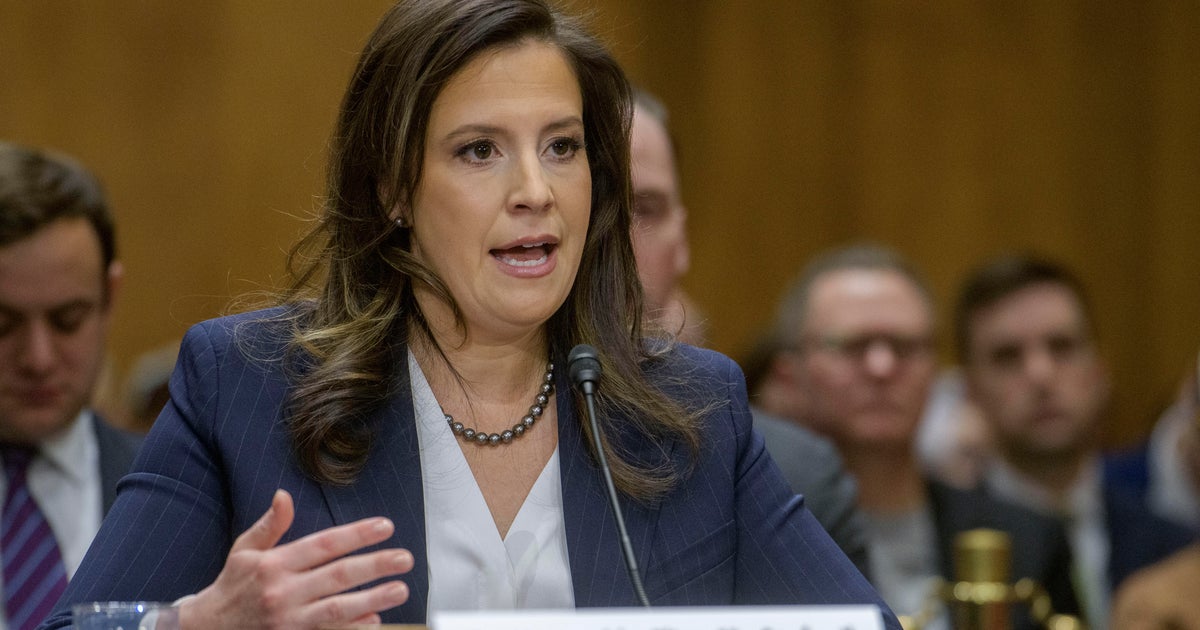Why being a UNICEF ambassador is model Halima Aden's proudest accomplishment yet
Somali-American model Halima Aden is breaking barriers in the fashion world. She made history in 2016 when she wore a burkini and hijab during the Miss Minnesota USA pageant. The next year, she became the first hijab-wearing model to sign with IMG Models on her own terms.
Now Aden is the cover star of Teen Vogue's new July issue. As part of its cover story, Teen Vogue filmed Aden on a trip back to Kakuma, the refugee camp in Kenya where she was born.
She is also the newest ambassador to the United Nations Children's Fund, or UNICEF, which she says is her proudest accomplishment to date.
"My mom can pick up a Vogue magazine and she doesn't really understand, but when I told her about UNICEF, she started crying, you know. When I told her that news, it was like the first time in my modeling career that she was really, truly proud of me," Aden shared Monday on "CBS This Morning." "Because I think it's like a difference in culture, and she doesn't understand like the impact of being represented for the first time, but she does understand me working with UNICEF."
While growing up in the refugee camp, she said she never felt like a victim.
"I was a child, but I had no say in my circumstances, and I always had faith that I'm here for a reason, you know. It was not a mistake that we were -- those were the cards that my family was dealt with. So I think that has a lot to do with like my positive outlook on even the camp," Aden said.
While they didn't have toys to play with, Aden said her family had a sense of community. Her mother moved her and her siblings around the camp "to make sure like we felt comfortable with the other people that were living there."
"She wanted, from an early age, for me to be accepting of differences and different cultures and I think that has a lot to do with who I am today," Aden said.
She said she sometimes feels guilty because for her family to have gotten out of the camp, it meant others didn't get the same opportunity. But it gave Aden a sense of purpose.
"It wasn't easy," Aden said. "Like it took my family years to go through the vetting process to get into the country, but I feel like, 'OK, I got here. Now what am I going to do with my life? How can I make sure that I'm empowering the girls that will never have that opportunity that I did?'"



